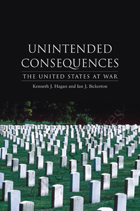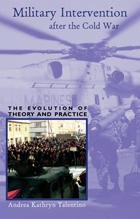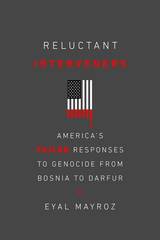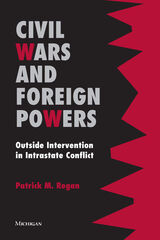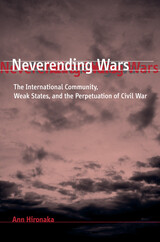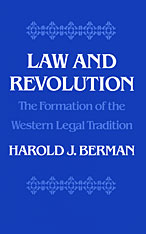Secular Morality and International Security: American and British Decisions about War
University of Michigan Press, 2011
Cloth: 978-0-472-11755-0 | eISBN: 978-0-472-02639-5 (standard)
Library of Congress Classification JZ6385.F36 2011
Dewey Decimal Classification 172.42
Cloth: 978-0-472-11755-0 | eISBN: 978-0-472-02639-5 (standard)
Library of Congress Classification JZ6385.F36 2011
Dewey Decimal Classification 172.42
ABOUT THIS BOOK | AUTHOR BIOGRAPHY | REVIEWS | TOC | REQUEST ACCESSIBLE FILE
ABOUT THIS BOOK
“[Fanis] demonstrates an impressive ability to travel nimbly between abstract theoretical concepts and a messy reality. In each one of the case study chapters, her analysis is rich, thoughtful, and imaginative.”
—Ido Oren, University of Florida
Combining insights from cultural studies, gender studies, and social history, Maria Fanis shows the critical importance of national identity in decisions about war and peace. She challenges conventional approaches by demonstrating that domestic ethical codes influence perceptions of threat from abroad. With an in-depth study of U.S.-British relations in the first half of the nineteenth century, and with an application to the recent War in Iraq, she ties changes in U.S. and British national interest to shifts in these nations’ domestic codes of morality.
Fanis’s findings have important implications for contemporary international relations theory. Apart from its relevance to current events, her work also makes a contribution to the literatures on foreign policy—specifically American and British foreign policies—and the causes of war.
See other books on: Causes | Diplomacy | International Security | National interest | War of 1812
See other titles from University of Michigan Press



